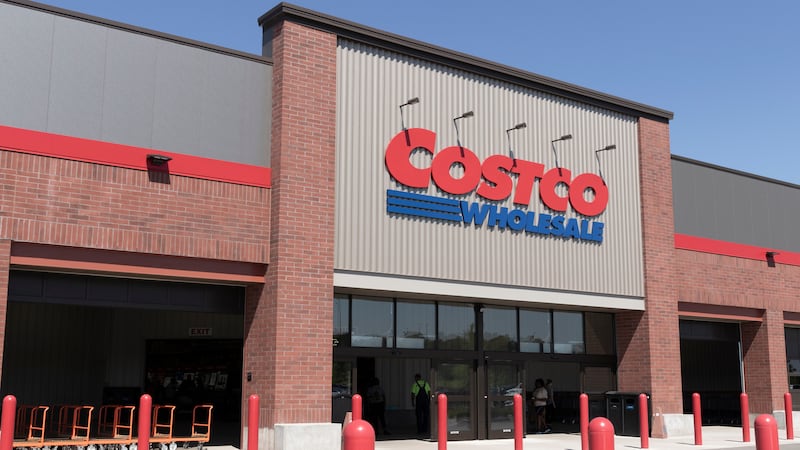Two men from Texas appeared in U.S. District Court in Seattle on Thursday, July 17, facing federal charges for their alleged involvement in a cross-country ATM robbery scheme that used glue, surveillance tactics, and threats to steal cash from bank machines.
Charges were announced against 22-year-old Ahmon Hogg of Humble, Texas, and 23-year-old Seth Coles-Body of Houston, who are each charged with conspiracy to commit robbery.
According to the criminal complaint filed in the Western District of Washington, Hogg and Coles-Body were part of a robbery crew that targeted ATMs in multiple states, including Washington and Arizona, by deliberately disabling the machines to prompt maintenance calls.
When bank technicians arrived to make repairs, the suspects would confront them—sometimes with weapons—and demand access to the ATM’s internal cash cassettes.
On December 23, 2024, investigators say the group disabled a Bank of America ATM in Renton, by applying a glue-like substance that jammed the card reader.
Surveillance footage later reviewed by the FBI showed that two masked individuals approached a technician sent to fix the machine.
One of the suspects brandished a screwdriver and demanded the technician open the machine.
The technician refused and was physically assaulted, but he managed to escape without turning over any cash.
Cameras captured images of the suspects’ vehicle and distinctive clothing.
The following day, December 24, a similar robbery occurred at a Bank of America ATM located in Vancouver, Washington.
That machine had also been jammed with an adhesive substance, prompting another technician to be dispatched.
While she was attempting to repair the machine, two men rushed her, pushed her out of the way, and forcibly took five cash cassettes filled with cash.
The vehicle used in the Vancouver robbery matched the one captured on video during the failed robbery in Renton.
Investigators also noted that the clothing worn by the suspects was consistent between the two incidents.
That same day, authorities discovered another ATM in Battle Ground, Washington, had been similarly tampered with, though no robbery took place at that location.
The investigation eventually led authorities to link Hogg and Coles-Body to additional ATM tampering incidents in Arizona.
On January 3, 2025, Bank of America and Wells Fargo ATMs in the Phoenix area were found with cards inserted and covered in a glue-like substance, disabling the machines.
Law enforcement conducted surveillance at the affected locations and observed a vehicle that matched the description of one previously associated with the Washington incidents.
Hogg and Coles-Body were stopped in that vehicle and identified, but they were released at the time.
No arrests were made during the Arizona encounter.
On March 7, 2025, another robbery was reported in Redmond.
A technician working on a disabled Bank of America ATM said two suspects ran up and stole several cassettes after he opened the machine.
The card reader had once again been jammed with a glue-like substance.
Five of the stolen cassettes were later found damaged on the side of Highway 520.
Just days after the Redmond robbery, Coles-Body was stopped by U.S. Border Patrol agents while attempting to cross into Mexico on a Greyhound bus.
Agents found him carrying approximately $209,000.
The money was seized, but Coles-Body was not arrested at that time.
Federal authorities obtained a criminal complaint and warrant on July 2.
Hogg and Coles-Body were arrested the next day during a traffic stop in Mississippi.
During the arrest, law enforcement recovered stolen firearms from the suspects’ vehicle.
The men first appeared in federal court in Jackson, Mississippi, on July 3.
A magistrate judge ordered that they be transported to Seattle by the U.S. Marshals Service for further proceedings.
If convicted, both men face up to five years in federal prison on the conspiracy to commit robbery charge.
Prosecutors emphasized that the charges remain allegations, and both defendants are presumed innocent unless and until proven guilty beyond a reasonable doubt in court.
©2025 Cox Media Group






